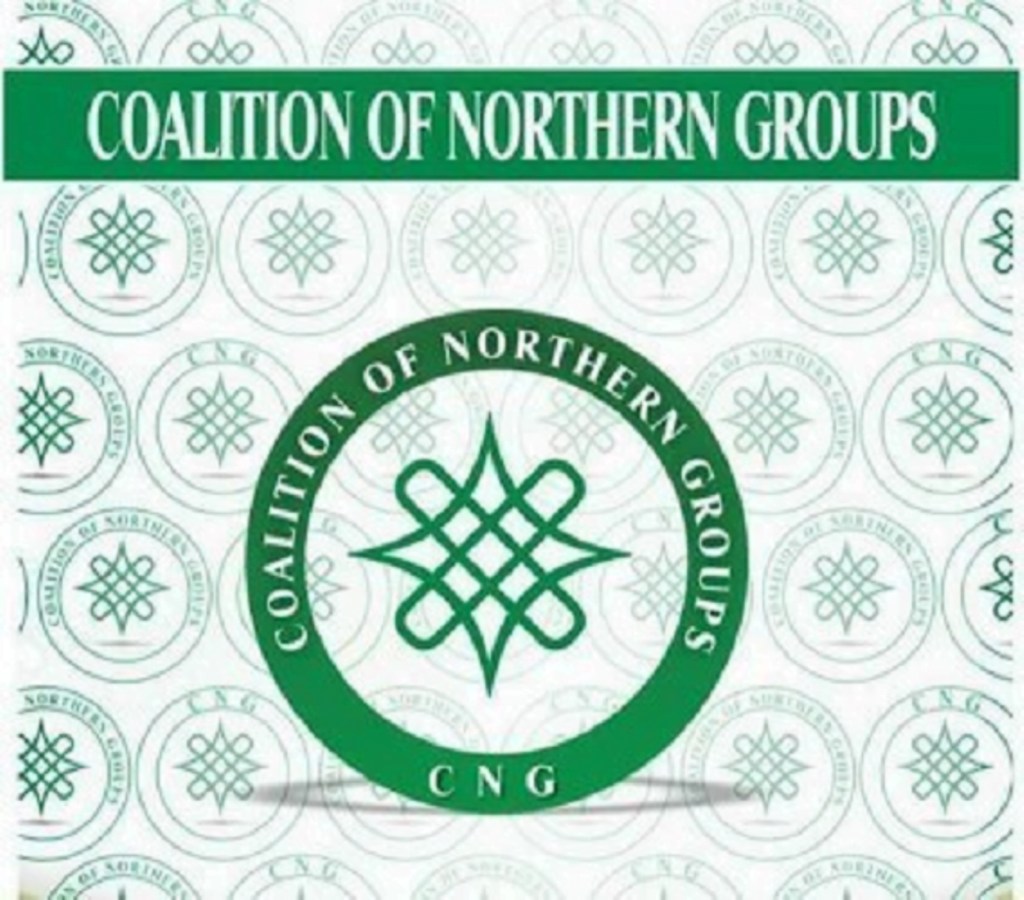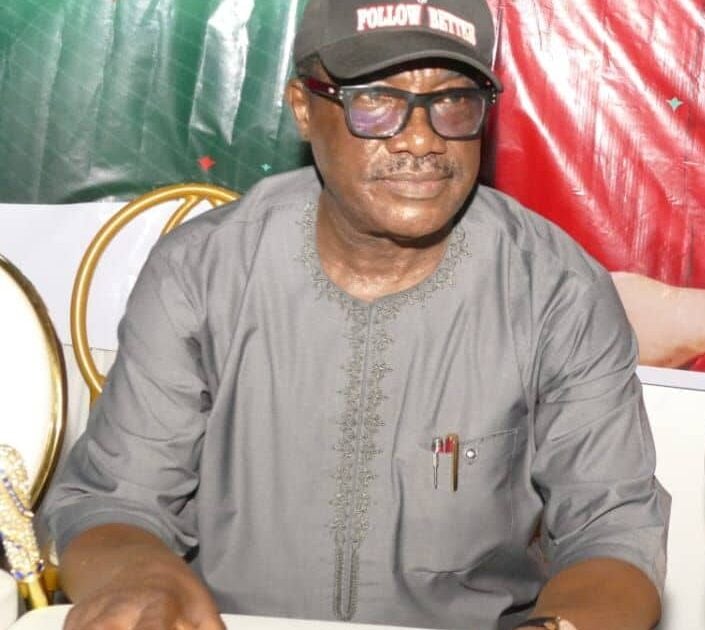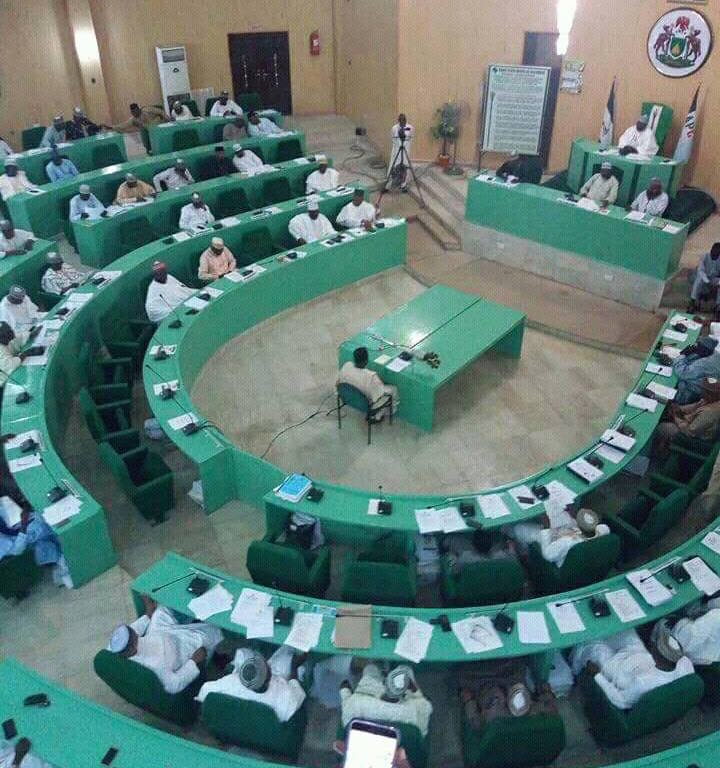Aloy Ejimakor, the Special Counsel to Nnamdi Kanu, the leader of the Indigenous People of Biafra, has responded to the United States’ designation of Nigeria as a “Country of Particular Concern”. This designation was made by President Donald Trump, citing concerns over the country’s human rights record.
Ejimakor stated that the designation was inevitable, given the Nigerian government’s alleged treatment of peaceful protesters. He claimed that the government has used tear gas on protesters, while publicly engaging with terrorists. Ejimakor made these comments while sharing a video of himself receiving oxygen treatment after being tear-gassed during a protest.
The protest, which was convened by activist Omoyele Sowore, aimed to demand the release of Nnamdi Kanu from President Bola Tinubu. Ejimakor, along with several others, was arrested by the police in Abuja and later arraigned before a Kuje Magistrate Court. The court initially remanded them, but they were eventually granted bail.
During their arrest and transfer, Ejimakor and other protesters were reportedly subjected to tear gas. Ejimakor collapsed while in remand but received medical attention from the prison’s medical team. The incident has sparked concerns over the Nigerian government’s handling of protests and its human rights record.
The US designation of Nigeria as a “Country of Particular Concern” is a significant development, highlighting the international community’s concerns over the country’s human rights situation. The designation may lead to increased scrutiny and potential sanctions, underscoring the need for the Nigerian government to address its human rights record.
Ejimakor’s experience and the US designation serve as a reminder of the ongoing tensions between the Nigerian government and pro-Biafra groups. The situation remains a sensitive issue, with implications for regional stability and human rights. As the situation continues to unfold, international attention is likely to remain focused on Nigeria’s human rights record and the government’s response to protests and dissent.



